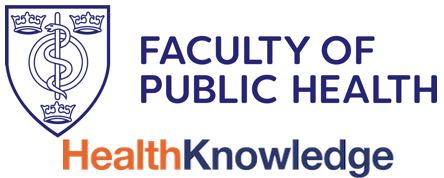Epidemiology of Specific Chronic Diseases: Hypertension
Description
Hypertension is defined as a blood pressure measurement that is consistently more than 140/90mmHg.
Symptoms
Most people have no symptoms of high blood pressure.
Symptoms may include headaches, dizziness.
Epidemiology
High blood pressure is estimated to effect more than 16 million people in the UK.
Risk Factors
- Age - Risk increases with age
- Sex - Hypertension is more common among men.
- Women are more likely to develop high blood pressure after menopause.
- Race - High blood pressure is more common among black individuals and South Asians.
- Being overweight or obese
- Inactivity
- Tobacco use
- High sodium intake
- Low potassium intake
- Excessive alcohol
- Stress
- Family history
Health Outcomes
- Hypertension is a major cause of coronary heart disease, strokes, kidney disease and aortic aneurysm.
- High blood pressure is a major risk factor for heart disease. In people aged up to 50 years, both DBP and SBP are associated with cardiovascular risk. In persons aged over 50 years SBP is a far more important predictor of risk.
- The World Health Report 2002 estimates that over 50% of CHD and almost 75% of stroke in developed countries is due to systolic blood pressure levels in excess of the theoretical minimum (115 mmHg).
Prevention and Screening
- Eat less salt (no more than 6 g a day).
- Eat more fruit and vegetables (at least 5 portion a day)
- Drink alcohol in moderation.
- Maintain a healthy weight
- Increase physical activity
Hypertension is included in one of the key targets within the NHS Planning and Priorities Framework.
A National Institute for Health and Clinical Excellence (NICE) guideline for the management of hypertension in primary care was published in 20041
References
- National Institute for Health and Clinical Excellence (NICE) guideline for the management of hypertension in primary care : http://www.nice.org.uk/page.aspx?o=CG34
© CM Kirwan 2006
